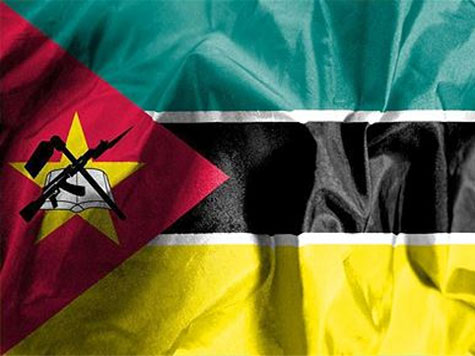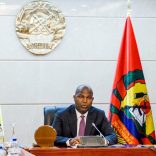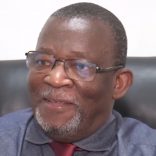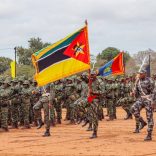Mozambique: Chapo enacts law changing the National Defence and Security Council composition
EU appeals to Mozambican political players’ “spirit of compromise” – Lusa report

The EU representative in Mozambique called for a “spirit of compromise” among Mozambican political players on Monday, adding that “military solutions to political conflicts are not a sustainable alternative”.
In an article published on Monday by the European Union representative in Maputo, Sven Kühn von Burgsdorff maintains that countries with pasts marked by “long and painful internal conflicts” need to “reject the legacy of violence and confrontational policy” if they want to “achieve national reconciliation”.
On the 24th anniversary of the peace agreement signed in Rome on October 4, 1992 which ended a 15-year long war between the Mozambique Liberation Front (Frelimo, the Mozambique government) and the Mozambican National Resistance (Renamo, in opposition), the European diplomat recalled “two decades of stability, the introduction of multiparty democracy and impressive economic growth”.
He argues that “the Day of Peace and Reconciliation is an ideal opportunity to rethink the future of Mozambique as a shared political, economic and social project”.
Recognizing that “persistent divergences in Mozambican society” exist, the EU ambassador recalls that the Rome peace agreement is “an excellent example of what can be achieved when the parties are truly committed to achieving a political agreement”, and “a reminder that the decisive test of any political agreement, ultimately, is its effective implementation”.
Burgsdorff states that “some argue that national reconciliation is still a matter to be resolved” in Mozambique, and that “mistrust between the political parties and the lack of confidence in the political system, including the rule of law, are still key challenges for the country”.
Faced with such a scenario, the diplomat calls for “all political players” to “continue to respond” to those challenges “with courage and determination”, emphasising that “a no-exclusion system is the raison d’être of democracy”.
For the European representative, military solutions “will only increase the divisions within society” and “inevitably result in the population suffering”.
In Burgsdorff’s opinion, a ceasefire between the government and Renamo “would not only provide a more solid basis for negotiations to successfully continue, but also send a signal to the people of Mozambique and the world that the parties are seriously interested in coming to a political agreement as soon as possible”.
Clarifying, the ambassador says: “I have no doubt that all Mozambicans agree that the next step is to stop fighting and declare a cessation of hostilities.”
Peace talks in Mozambique, mediated by the international community, were again suspended on Friday until October 10, so that the party in power for over 40 years and Renamo could further analyse the agenda points.
Renamo claims victory in the general elections of 2014 in six provinces in the centre and north of the country, accusing Frelimo of electoral fraud.
Despite the relative calm of the past few days, the central region has been the scene of clashes between the armed wing of Renamo and Mozambican defence and security forces.












Leave a Reply
Be the First to Comment!
You must be logged in to post a comment.
You must be logged in to post a comment.